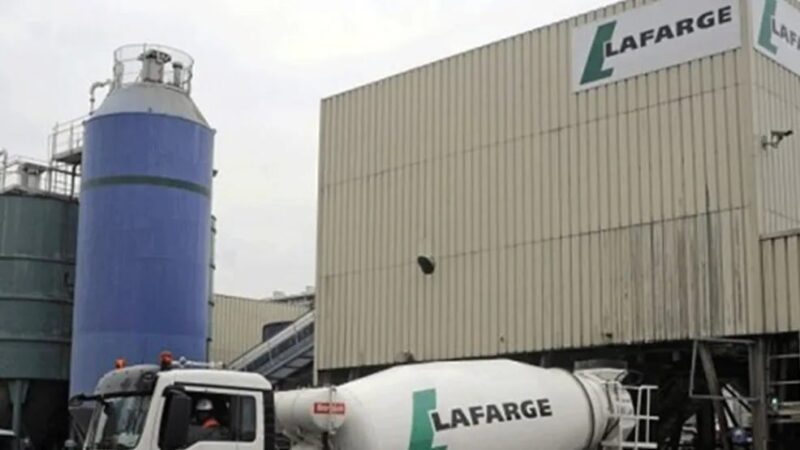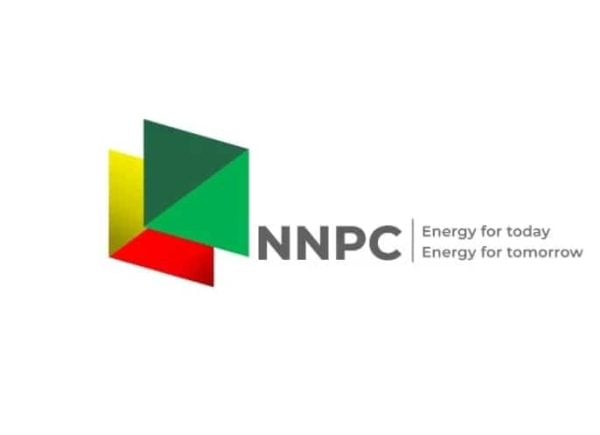Oil imports crashed by 35% in Q2 – CBN
 Nigeria’s oil imports dropped by 35 per cent in the second quarter of 2024, amounting to $2.79bn, down from $4.31bn in the previous quarter.
Nigeria’s oil imports dropped by 35 per cent in the second quarter of 2024, amounting to $2.79bn, down from $4.31bn in the previous quarter.
This is according to the quarterly economic report of the Central Bank of Nigeria for the second quarter of 2024.
This reduction highlights shifting dynamics in the nation’s oil and gas sector amid ongoing structural and economic adjustments following the removal of fuel subsidies under the administration of Bola Tinubu.
The report also noted that the overall value of merchandise imports also contracted, falling by 20.59 per cent to $8.64bn from $10.88bn recorded in Q1 2024.
The sharp decline in oil imports contributed significantly to this trend.
The report read, “Merchandise import decreased in Q22024, following the decline in the import of petroleum products. Merchandise imports decreased by 20.59 per cent to $8.64bn, from $10.88bn in Q12024.
“Analysis by composition indicated that oil imports decreased to $2.79bn, from $4.31bn in the preceding quarter.
“Non-oil imports also declined to $5.85bn, from $6.57bn in the previous quarter. A breakdown of total import showed that non-oil imports accounted for 67.72 per cent, while oil imports constituted the balance.”
The report further noted the pressures on domestic production, which fell by 4.51 per cent to 1.27m barrels per day.
Persistent challenges such as oil theft and vandalism in the Niger Delta remain major impediments to production stability.
The report read, “Domestic crude oil production declined in Q22024, attributed to persistent oil theft and illegal refining activities in the NigerDelta region. Nigeria’s average crude oil production fell by 4.51 per cent to 1.27 mbpd in Q22024, from 1.33 mbpd in the preceding quarter.
“This was due to crude oil theft and pipeline vandalism in the Niger Delta region, leading to a decline in production from the Forcados, Bonny, Qua-Iboe, Escravos and Brass streams, respectively. Nigeria’s crude oil production level fell short of its OPEC quota of 1.58 mbpd by 308,000 bpd in Q22024.”
Despite these setbacks, global crude oil prices provided a slight reprieve. Nigeria’s benchmark crude, Bonny Light, saw its price rise to $86.97 per barrel in Q2 2024, offering some relief to export revenues.
Crude oil and gas exports accounted for 87.38 per cent of total export earnings during the quarter, although receipts fell marginally to $12.18bn from $12.42bn in Q1.
The PUNCH earlier reported that the Central Bank of Nigeria released a total sum of $2.97bn to oil sector players for the importation of petroleum products and other related items into the country.







